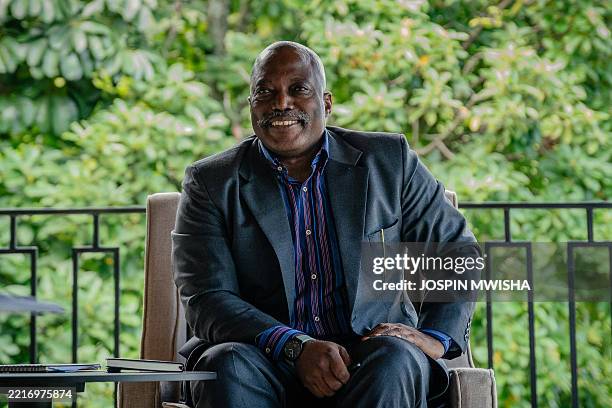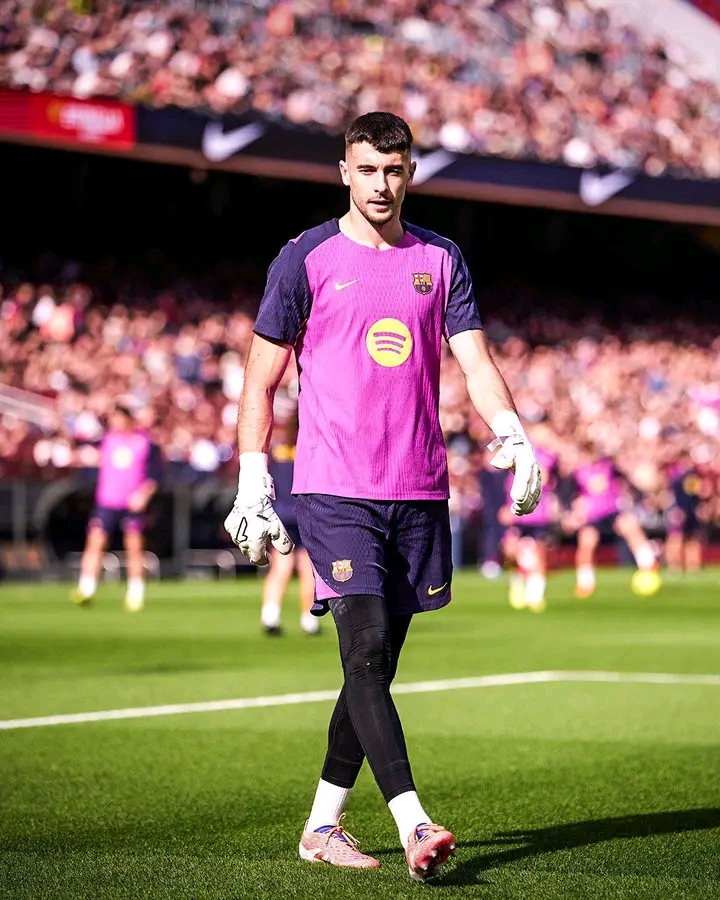Former Democratic Republic of Congo (DRC) President Joseph Kabila has resurfaced in Nairobi, reigniting debates about his political future and influence in Central Africa. His quiet reappearance comes after years of absence from public life and just months after a Congolese military court sentenced him to death in absentia over allegations of corruption and embezzlement, charges his allies strongly deny.
Kabila’s presence in Kenya has not gone unnoticed. Nairobi has long been a meeting ground for African political figures seeking to reconnect or reposition themselves and Kabila’s arrival has sparked speculation that he is exploring a political revival. He was reportedly seen attending private meetings with opposition figures and influential regional leaders, many of whom have expressed frustration with President Félix Tshisekedi’s government.
Sources close to his delegation reveal that Kabila has been in closed-door consultations with East African political strategists, holding talks focused on peace, trade, and regional cooperation. He is also said to be engaging in private investment discussions linked to agricultural technology and logistics, sectors he previously prioritized during his presidency. Beyond politics, Kabila has been quietly networking with Congolese diaspora groups in Kenya, emphasizing the need for stability and regional unity in the Great Lakes region.
During his 18 years in power, Kabila shaped Congo’s political identity through both progress and controversy. He assumed office in 2001 after the assassination of his father, Laurent-Désiré Kabila and went on to lead the country through two elections, a devastating war and a complex peace process. While many credit him for stabilizing parts of the DRC and initiating economic reforms, others accuse him of undermining democracy, silencing dissent and clinging to power beyond his mandate.
His return to public attention comes at a sensitive time for Congo. The nation continues to face security threats in its eastern provinces, economic uncertainty and growing political discontent. Against this backdrop, Kabila’s re-entry into regional discussions raises questions about whether he intends to influence upcoming elections or simply reshape his legacy.
Kenya’s choice as his stage is not accidental. The country’s capital has become a safe diplomatic hub where political players from across Africa engage in informal talks. For Kabila, Nairobi offers both distance and visibility: distance from Kinshasa’s volatile politics and visibility before regional and international observers.
Some analysts believe Kabila is testing the waters, gauging whether there is still room for him in Congo’s political future. Others argue his actions are symbolic, aimed at reclaiming relevance after years of silence. Whatever the motive, his sudden visibility signals that Joseph Kabila is not ready to disappear from Africa’s political map.
His story reflects a wider trend in African politics where former leaders rarely fade away completely. Many, like Kabila, continue to influence decisions from the sidelines, using networks, wealth, and experience to stay part of the national conversation. As the DRC navigates its next chapter, Kabila’s name once again lingers in the headlines. A reminder that in African politics, power often takes new forms long after one leaves office.


